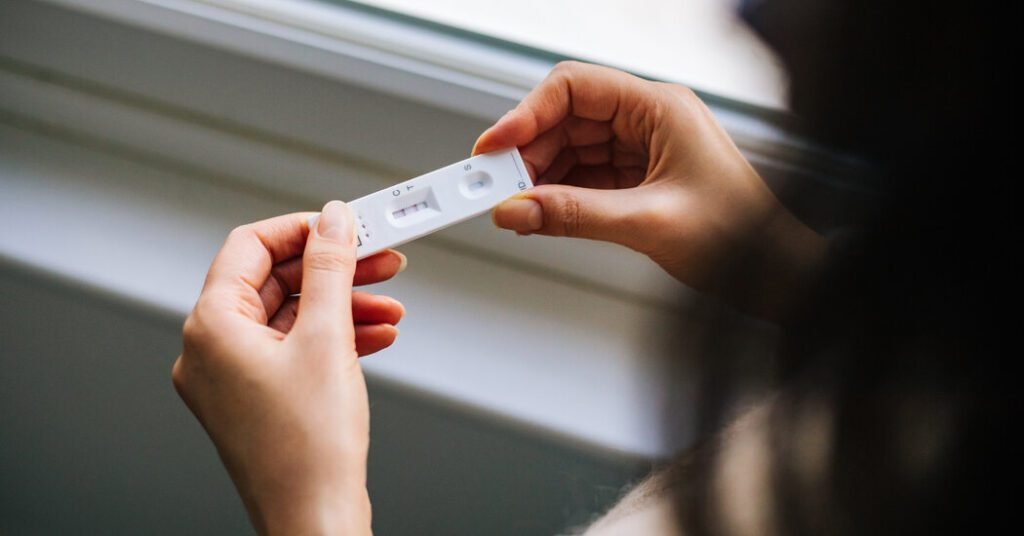In recent years, the general assumption has been that a Covid infection – or vaccination – is likely to give you a few months of protection. But every time we get a new variant that is particularly adept at evading the immune system, like JN.1, that hypothesis is called into question.
JN.1 currently accounts for about 93 percent of cases nationwide, according to data from the Centers for Disease Control and Prevention. It is unusual for a single variant to account for almost all cases, but the dominance of JN.1 gives us a unique window into the risk of reinfection for many people.
If you had Covid when cases spiked in the summer, or if you got the updated vaccine in the fall, here’s what you need to know.
If I had Covid in the summer, how much protection do I have now?
You may be vulnerable to reinfection if you were infected in the summer, when earlier variants led to an increase in cases.
This does not mean that you will definitely get sick. “You should have some protection, for sure,” said Aubree Gordon, an infectious disease epidemiologist at the University of Michigan. Immunity is an individual cocktail derived from how many times you’ve been infected in the past, your vaccination history, underlying medical conditions, and more. People who are 65 or older, immunocompromised or who have underlying medical conditions are generally at greater risk of reinfection, said Fikadu Tafesse, a virologist at Oregon Health & Science University.
If a person is exposed to the same or a very similar variant in the months following a Covid period, their body is often equipped to recognize and fight it before infection occurs. Scientists disagree on exactly how long this protection lasts, but estimates range from about two to six months.
But JN.1 has “a lot more mutations than we’re used to seeing,” said Dr. Marc Sala, co-director of the Northwestern Medicine Comprehensive Covid-19 Center in Chicago. This is why people newly infected with another variant, even one that was previously dominant, can become infected again.
What if I took the booster in the fall?
A CDC report published this month showed that people who received the updated vaccines released in the fall had 54 percent more protection against a symptomatic case of Covid than people who did not get the vaccine. The vaccines were formulated to target XBB.1.5, an older variant, but still provide some protection against JN.1, said Ruth Link-Gelles, the study’s lead author. “They are all very closely related,” he said.
But even though a vaccinated person is less likely to develop symptomatic infections, that person is still not completely protected from the virus.
That said, there are still “a lot of benefits” to the updated vaccine, he said. In particular, vaccines reduce the risk of serious illness and hospitalization, he said. In particular, experts urged people who are 65 years of age or older or who are immunocompromised to get the vaccine. By the end of January, only about 12 percent of eligible children and 22 percent of adults had received an up-to-date vaccine, according to the CDC
For many people, the more immunity you’ve built up — through infection, vaccination or both — the milder your symptoms will be, Dr. Gordon said. Some people can become infected with JN.1 and experience such mild symptoms that they don’t even realize they’re sick, he said. People with weakened immune systems or underlying medical conditions, however, may still have severe symptoms.
And those infected with JN.1 will likely find themselves well protected as long as the dominant variant remains. Right now, it shows no signs of slowing down.

